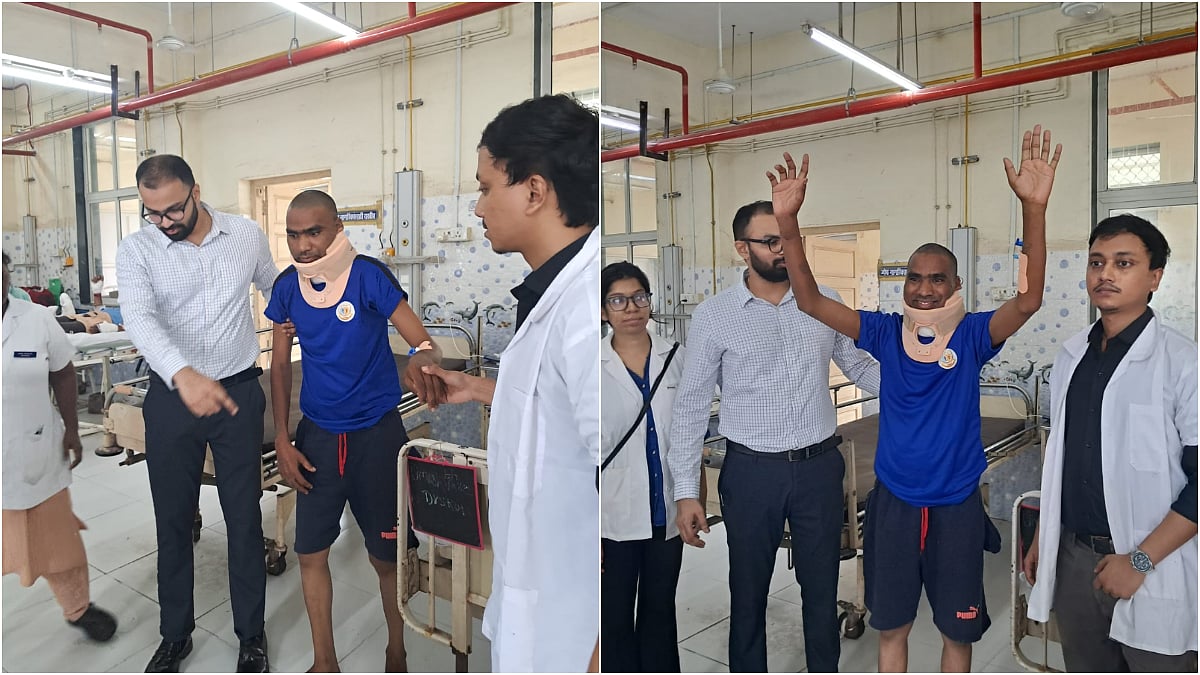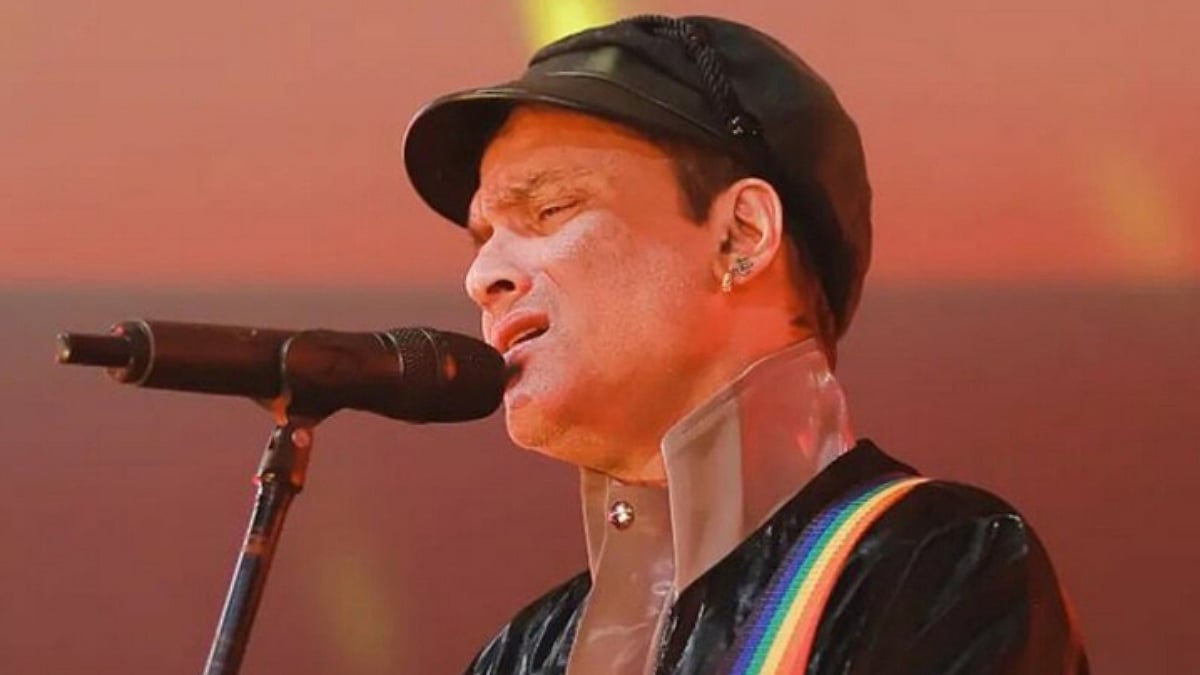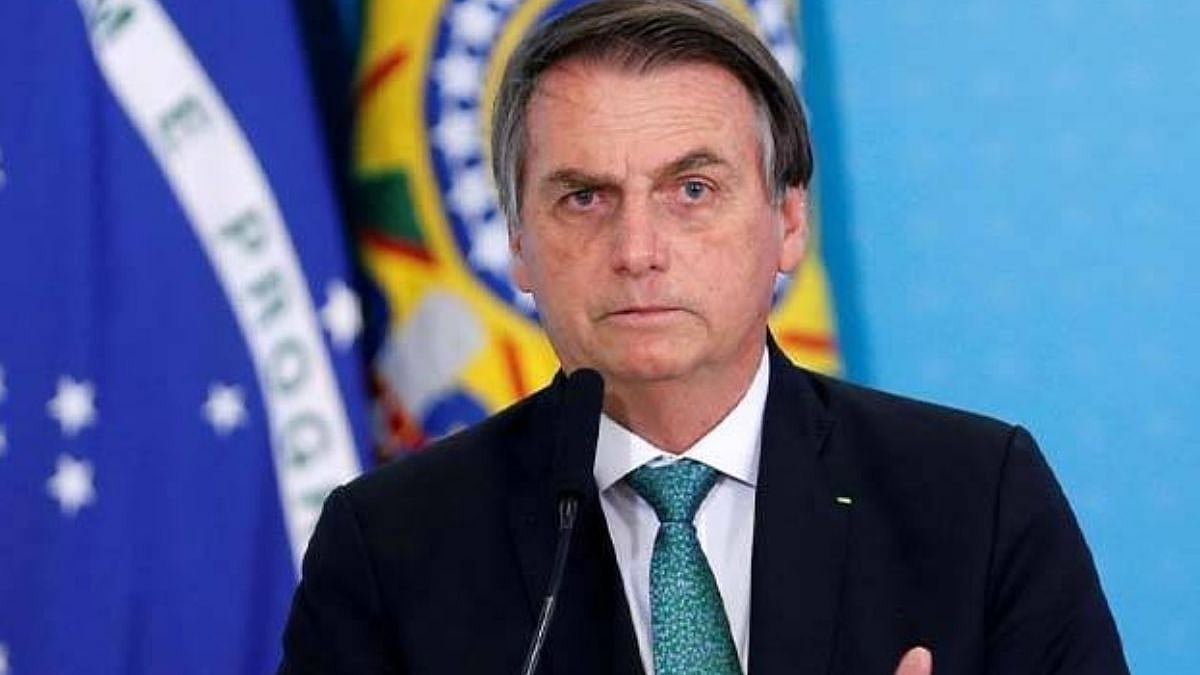Two communal incidents where mobs targeted Muslims, belied the belief of some that after the election results, we might see a reduction in communal polarisation. In Nahan, Himachal Pradesh, a mob looted the shop of Javed after WhatsApp photos of him supposedly slaughtering a cow were circulated in a video on Facebook and in Medak, Telangana where a mob attacked a madrasa over allegations that cattle were being transported for sacrifice. Significantly both incidents happened in the wake of Eid al-Adha, a Muslim festival that commemorates the spirit of sacrifice and which often also entails slaughtering of goats. In both cases, the allegations were proven to be false with the Uttar Pradesh police confirming that the photos of Javed were of buffalo meat and the district authorities in Medak stating that no cattle were being transported for slaughter. In a depressingly familiar pattern, both incidents were instigated by actors seeking to inflame anti-Muslim violence and in both, the police played an ineffective role of not being able to control the mobs or contain the violence. What makes these two incidents stand out is that they occurred in Congress-governed states, unlike other incidents which have taken place in Odisha, UP and Madhya Pradesh.
While dealing with communal violence can be a daunting challenge for state administration, what is more surprising is the reaction of the Congress senior leadership. No senior leader from Rahul Gandhi to Mallikarjun Kharge has made a public statement condemning these incidents, either to the media directly or on social media. A perusal of Rahul Gandhi’s timeline on X shows that he has tweeted only five times about the NEET scandal, twice about the terrorist attacks in Kashmir, twice on EVMs and also wrote tweets about the Indians who had died abroad in Kuwait City, the Kanchenjunga derailment, and several other current issues. In fact, as a close colleague who had researched the topic stated, since the creation of his account on X in 2015, Rahul Gandhi had only used the term Muslim three times in English and six times in Hindi, and more specifically only two of these tweets addressed the issue of violence against Muslims. One addressed the lynching of Akhlaq in 2015, the other violence against Muslims in Tripura in 2019. While the usual caveats apply about the limitations of using search engines for this purpose and it is based on a single social media platform, it still reveals a disturbing pattern in terms of the public statements by effectively the face of the Congress party and the Opposition alliance.
This pattern is reflective of a reluctance to directly address the issue of violence against Muslims and anti-Muslim discourse head on; instead most of the mentions cited are either references where Muslims are clubbed together with other religious minorities in a broad reference to the need for harmony between these communities or are subsumed in the official parlance of referring to “minorities” which is a euphemism for religious minorities, usually the Muslim minority in mainstream Indian political discourse. As scholars like Ashustosh Varshney have observed, the master-narrative of socio-political conflict for north India is that of one between Hindus and Muslims; the rise of Hindu nationalism and the current regime have very effectively deployed this to deepen communal polarisation and in practice crowded out political debate on issues of governance, development, welfare, etc. thereby reducing almost everything to a zero-sum conflict between Hindus and Muslims. Breaking out of this Manichean restrictive binary is something which the Congress has struggled with over the last 10 years but break out of it, it must.
The Congress has successfully changed the narrative in many regards, despite the significant obstacles it had faced such as a hostile media ecosystem too subservient to the ruling regime and the success the BJP had in implanting tropes such as the former being a corrupt party, a party of dynasts and privilege, a party unable to protect the national interest and so on. Through painstaking innovative projects on the ground like the two Bharat Jodo Yatras, Rahul Gandhi successfully transformed the popular image of himself as a spoilt out-of-touch scion to a serious and empathetic politician, able to connect with ordinary Indians from every walk and station of life.
In several press conferences as well interviews to media, Rahul Gandhi offered an interpretation of the general election results as one where the electorate had rejected the politics of communal hatred and violence and posited a desire for something better, with bold statements such as “The party that spent the last 10 years talking about Ayodhya has been wiped out in Ayodhya. Essentially what has happened is that the basic architecture of BJP — the idea of creating religious hatred — that has collapsed.” While detractors may dismiss this as political posturing and a misinterpretation of what the election results meant, in terms of the desires of the electorate, having taken such a strong stand, it must be followed through. Any vacillation or reluctance will be seen as an indication that both Rahul Gandhi and Congress do not actually believe their own rhetoric particularly by those who put their faith in the INDIA alliance and voted for them in the polls in the general election. There was a considerable consolidation of votes by certain groups behind the INDIA alliance, such as the non-Jatav Dalit castes in UP, in the case of Muslims the CSDS-Lokniti poll date approximate that an estimated 63% of the Muslim were garnered by them at the national level, rising to very high levels such as 92% in UP. The hope and trust that these groups have placed in the Opposition and their promise of a different kind of politics, one free from communal hatred, is a heavy burden to bear but one which must nonetheless be shouldered. The BJP’s main advantage is that it is very clear about what it stands for and it is not at all reticent in proclaiming it loudly, it knows how to fire up its base and supporters and it has a set playbook which it has shown it will continue to adhere to, despite the electoral setbacks it received in the elections. Congress and its leadership must do the same, otherwise they run the risk of demoralising and demotivating their core constituencies that had placed such great trust in them, which will have an adverse impact in the upcoming state assembly elections later this year in Maharashtra and Jharkhand, both of which will be eagerly watched to see which side will gain the advantage. Keeping the social coalition which voted for it together and maintaining its political support will be vital for the Congress if it is to continue its improved electoral performance and enable the transformation of a different kind of politics on the ground.
To this end, it has to live up to its lofty rhetoric about combating communal hatred and religious violence, it has to unapologetically take up the cause of those groups which are being targeted for their religious identity; it has to be not only content with mouthing orotund platitudes about the constitution and secularism but also vocally and confidently reassuring vulnerable communities whether they are Muslims or Dalits, that it will stand by them and is an effective representative for their interests. This is not only a wise political strategy but a necessary social necessity and most importantly a moral imperative. Remaining silent can no longer be an option. For as Martin Luther King Jr. commented, “In the end, we will remember not the words of our enemies, but the silence of our friends.”
Conrad Barwa is a senior research analyst at a private think-tank, and a senior research associate at the Birmingham Business School










